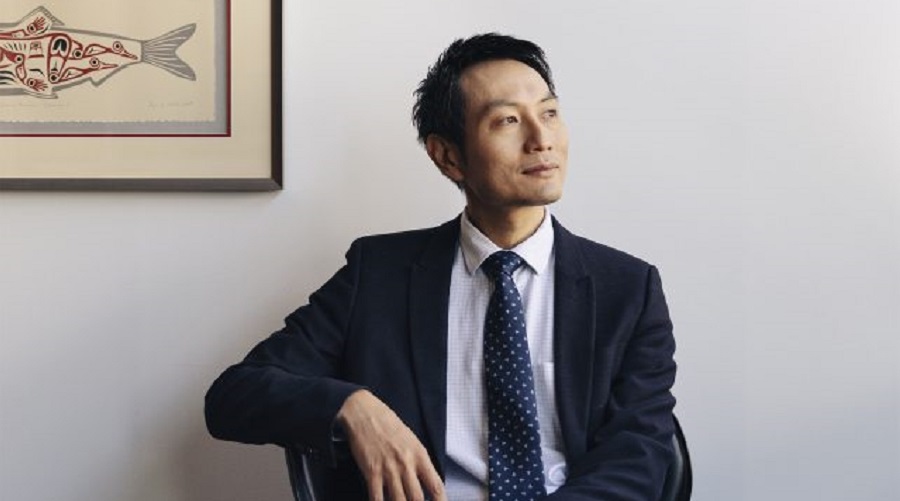William Cheung, Director of the Changing Ocean Research Unit at UBC’s Institute for the Oceans and Fisheries and Associated Faculty at the Sea Around Us, is among the top 20 climate scientists in the world according to Reuters Hot List.
This accomplishment by Dr. Cheung is based on 176 publications that have received nearly 11,000 citations. His research has been conducted with 713 co-authors, notably Rashid Sumaila and Daniel Pauly, the researchers with whom he has collaborated the most.
Reuters’ ranking system also mentions that he has received
11 grants totaling $2.4 million.
According to the news organization, the Hot List is a
measure of influence and it has been built by combining three rankings based on
data provided through Dimensions, the academic research portal of the
British-based technology company Digital Science.
The three rankings are themselves based on how many research papers scientists have published on topics related to climate change through December 2020; how often those papers are cited by other scientists in similar fields of study, such as biology, chemistry, or physics; and how often those papers are referenced in the lay press, social media, policy papers, and other outlets.
In total, the Hot List includes the 1,000 scientists that are considered to be having the biggest impact on the climate-change debate.
William’s path
William Cheung obtained his BSc in Biology and M.Phil. from
the University of Hong Kong and later on moved to Canada, to complete his PhD in
Resource Management and Environmental Studies at the University of British
Columbia.
In early 2007, even before he had defended his PhD thesis, Cheung became a post-doc with the Sea Around Us. His task was to use Sea Around Us data to assess the impact of climate change on ocean life. His challenge involved modeling the well-established observation that increasing ocean temperatures cause the distribution of fish and marine invertebrate populations to move poleward.
His outstanding work led him, later on, to the University of
East Anglia in the UK, where he stayed for two years. Upon his return to
Canada, not only has Dr. Cheung remained in close collaboration with the Sea Around Us but he has also been an
avid user of our database to support his research on understanding the
responses and vulnerabilities of marine ecosystems and fisheries to global
change.
We congratulate Dr. William Cheung for his numerous achievements.



